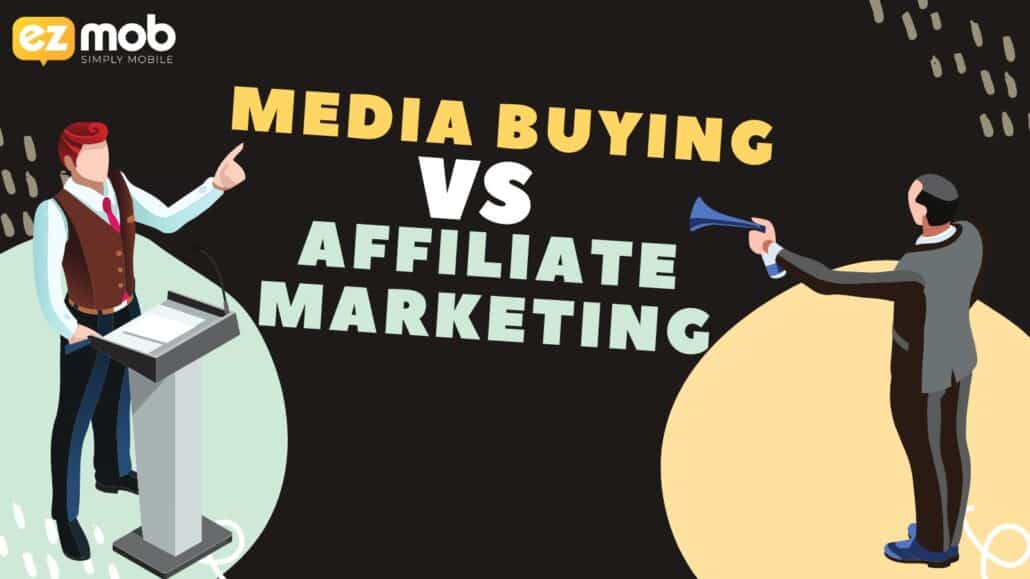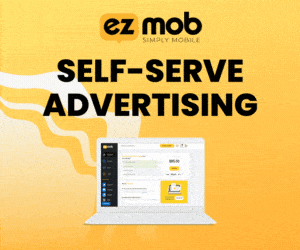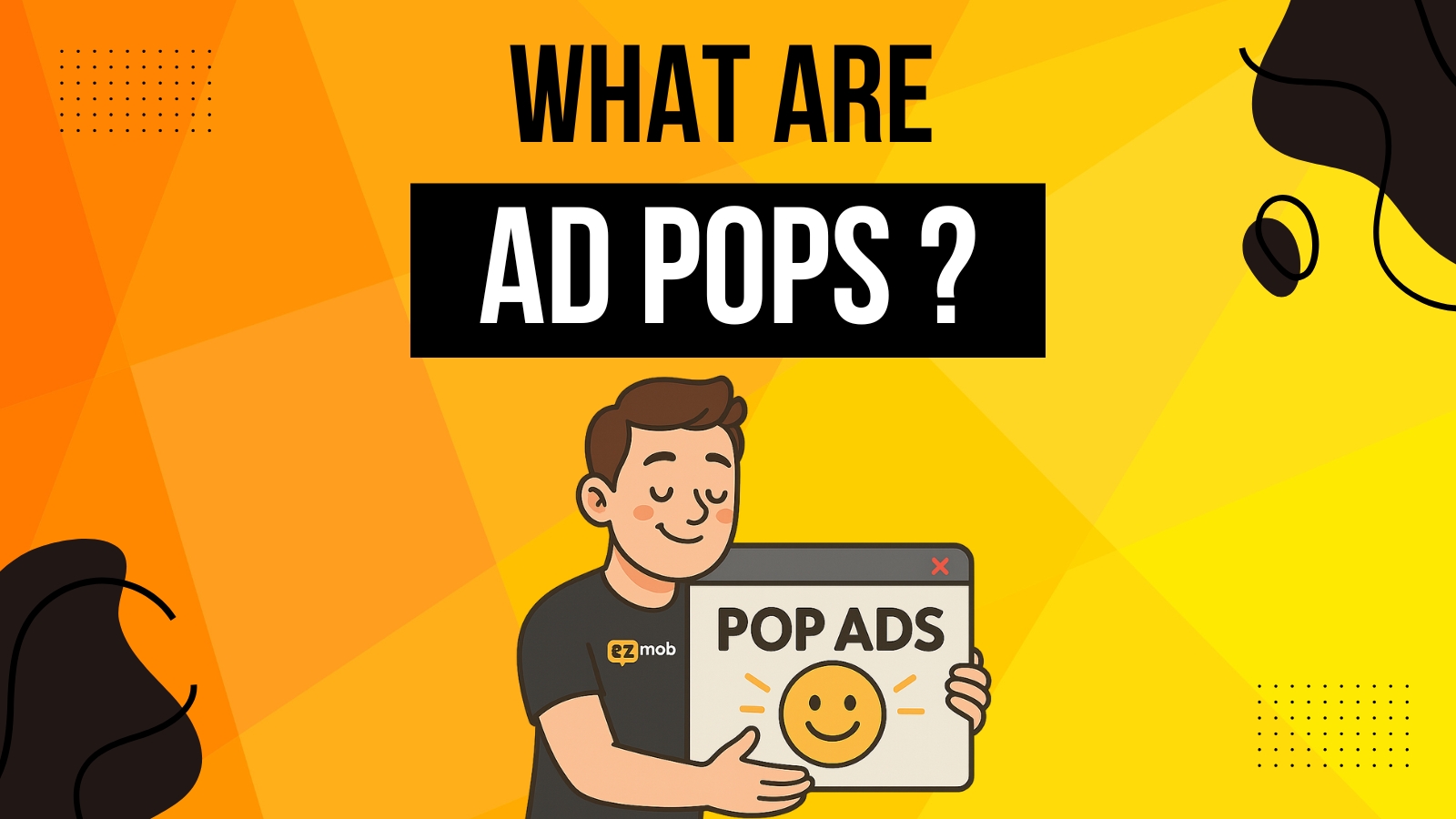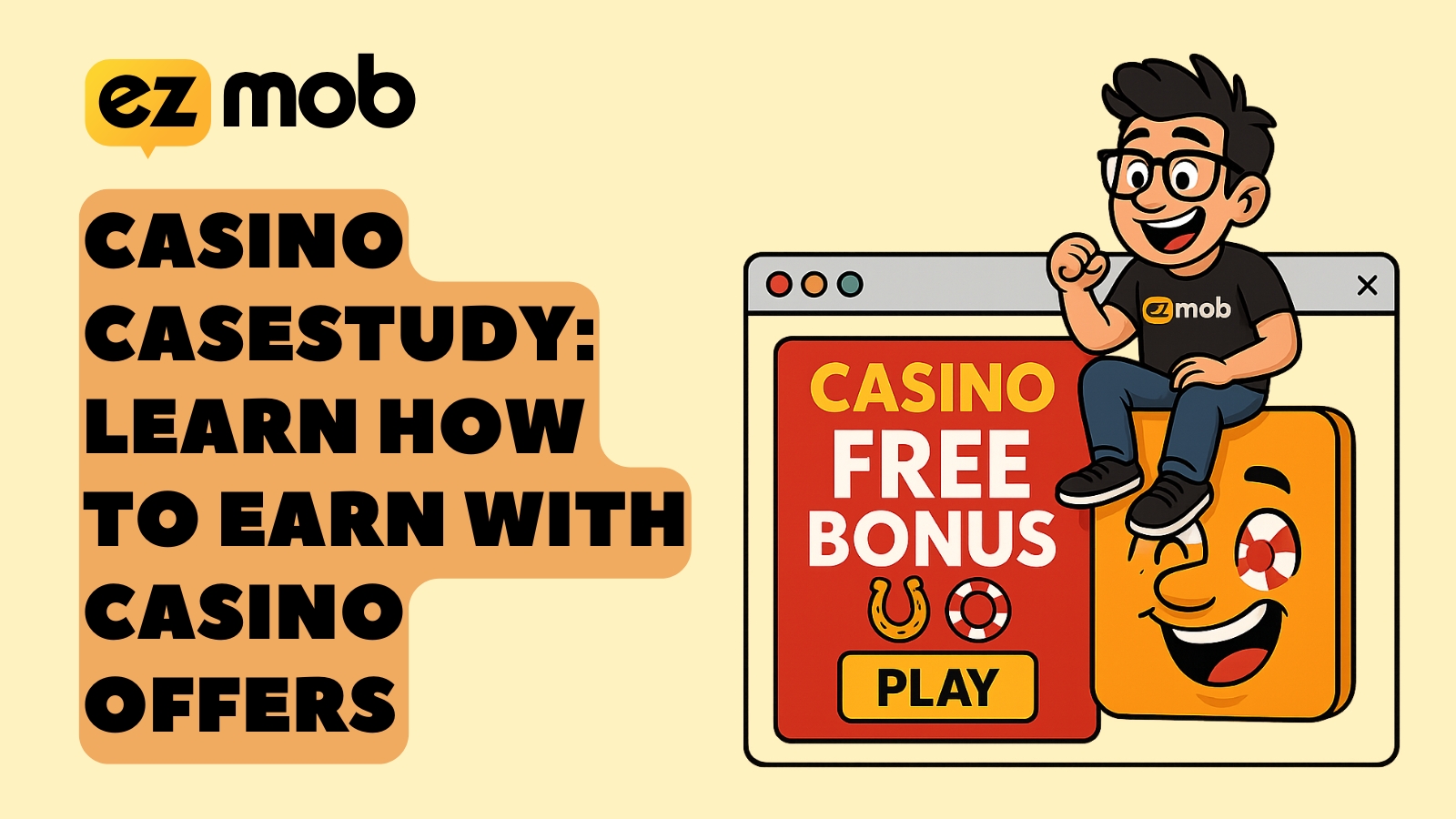
Introduction
In the ever-evolving world of digital advertising, marketers and affiliates constantly seek new ways to maximize their profits and stay ahead of the competition.
While many have found success with the low-risk, performance-based CPA (Cost Per Action) model, savvy marketers are increasingly turning to alternative bid models, such as CPC (Cost Per Click) and CPM (Cost Per Mille), to achieve even better results.
In this article, we’ll explore the benefits of incorporating CPC and CPM bidding strategies into your media buying campaigns on EZmob.com and show you how diversifying your approach can lead to increased revenue, greater brand visibility, and a more stable and sustainable advertising strategy for affiliates, performance advertisers, affiliate networks, and brands alike.
So, buckle up and get ready to unlock the full potential of your digital marketing campaigns with EZmob.com!
Table of Contents
What is the difference between affiliate marketing and media buying?
Affiliate marketing and media buying are two distinct yet interconnected facets of digital advertising.
Affiliate marketing is a performance-based model where affiliates partner with businesses to promote their products or services and earn commissions for successful actions, such as sales, leads, or downloads, completed by users they refer.
Affiliates typically leverage various marketing channels like social media, email, and content marketing to drive traffic to their partners’ offers.
On the other hand, media buying is purchasing ad space on various digital platforms, such as websites, apps, and social media networks, to promote a brand or product.
Media buyers meticulously plan, negotiate, and execute advertising campaigns by selecting the most suitable ad formats, targeting options, and bidding models to achieve their desired results.
In affiliate marketing, media buyers often function as affiliates, purchasing ad inventory to drive traffic and conversions for their partnered offers.
However, media buying extends beyond the scope of affiliate marketing and caters to a broader range of advertisers, including brands, agencies, and direct advertisers, who utilize this approach to achieve different objectives, such as brand awareness, user engagement, or customer acquisition.
What’s the difference between an affiliate and a self-serve advertiser?
In digital advertising, the roles of an affiliate and an advertiser are distinct, each playing a crucial part in the marketing ecosystem.
An affiliate is an individual or organization that promotes third-party products or services in exchange for a commission based on the performance of their marketing efforts.
Affiliates use various marketing channels, such as content marketing, social media, email marketing, or media buying, to drive traffic and conversions to their partners’ offers.
They primarily focus on driving actions such as sales, leads, or downloads and are compensated through performance-based models like CPA (Cost Per Action), CPL (Cost Per Lead), or revenue sharing.
Conversely, an advertiser is a company or individual that wants to promote its product, service, or brand to a target audience. Advertisers develop marketing strategies and create advertising campaigns to reach potential customers, raise brand awareness, or drive user engagement.
They typically collaborate with affiliates, publishers, or advertising networks to distribute their ads across various digital platforms, such as websites, apps, or social media channels.
Advertisers are responsible for the advertising budget, ad creatives, and the overall performance of their marketing campaigns.
The primary difference between affiliates and advertisers lies in their objectives and responsibilities. Affiliates promote third-party offers and generate conversions, acting as intermediaries between advertisers and their target audiences.
In contrast, advertisers are the businesses or individuals that create and fund marketing campaigns to increase their brand visibility, customer base, or sales.
While affiliates are compensated based on the results they generate, advertisers invest in marketing efforts to achieve their business goals and gain a return on their advertising spend.
Why should affiliates try media buying for affiliate offers?
Affiliates should consider media buying for their affiliate offers for several reasons, as it can provide a competitive edge and unlock new opportunities for revenue generation:
- Scalability: Media buying allows affiliates to reach a larger audience quickly, enabling them to scale their campaigns and increase their earning potential.
- Targeting Options: By purchasing ad space on various digital platforms, affiliates can utilize advanced targeting options to reach specific audience segments, resulting in higher conversion rates and improved campaign performance.
- Diversification: Media buying enables affiliates to diversify their marketing strategies and explore different ad formats, such as popunder ads, push notification ads, and display ads, which can help them discover new and profitable traffic sources.
- Control: With media buying, affiliates have more control over their campaigns, including ad placements, creatives, and bidding strategies, allowing them to optimize for better results and maximize their return on ad spend (ROAS).
- Brand Building: Engaging in media buying can help affiliates establish their brand and reputation within their niche, resulting in long-term benefits such as increased trust, customer loyalty, and higher lifetime value of customers.
- Competitive Advantage: By leveraging media buying, affiliates can stay ahead of the competition and gain access to premium ad inventory and untapped traffic sources, ultimately enhancing their performance and profitability.
How you can start media buying with EZmob.com today:
- Register an advertiser account
- Fund your account with at least $100 via various payment methods.
- Setup your first campaign
- Optimize and scale.
Check out our case studies, helpdesk, blog posts, and social pages for helpful information to hit the ground running.
Join our Newsletter
Get access to promotions, case studies, and recommended partners





